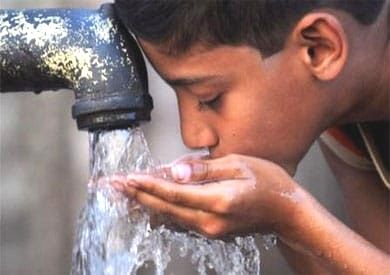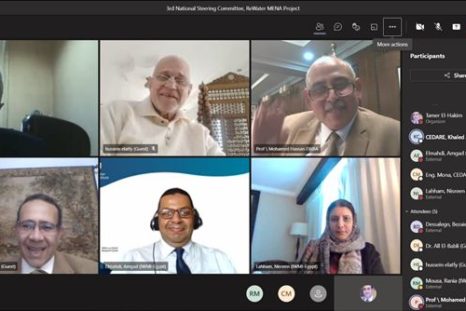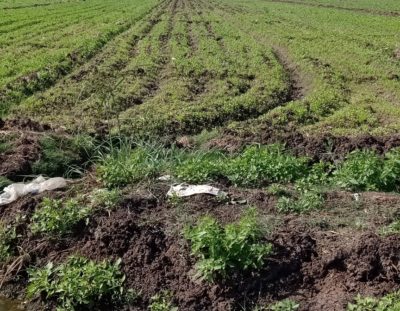Pages
March 26, 2021
March 22, 2021ReWater MENA project in partnership with Arab Countries Water Utilities Association (ACWUA), organized a series of training workshops on the Safe Use of Wastewater in Jordan. The workshop aims to build and strengthen the capacities of the stakeholders and participants in the field of safe use of wastewater through conducting a series of training courses in Jordan, Egypt and Lebanon under the topics of reuse technologies, economic models for reuse projects, reuse safety plans, reuse governance, public acceptance and gender integration in reuse interventions. In addition to raising awareness and introducing the reuse concept in the region as well.
March 22, 2021ReWater MENA project in partnership with CEDARE, carried out the 3nd virtual National Steering Committee (NSC) meeting in Egypt. The meeting brought diverse stakeholders together to discuss the progress of "Egypt's National 2030 Water Reuse Targets and Strategy", which aims for “More and Safer Water Reuse”. In addition to discussing the preparation for the 4th national Learning Alliance (NLA) dialogue on the "Validation of the Egypt 2030 Water Reuse Targets".
March 9, 2021
March 8, 2021Achieving water security is an enormous challenge facing countries of the MENA region, among which is Egypt. On the one hand, water demand is increasing due to population growth, urbanization trend and economic development. On the other hand, water availability is decreasing due to climate change leading to droughts and floods, low water quality, and poor water management in the context of fragility, conflict, and violence. According to the Ministry of Water Resources and Irrigation (MWRI), Egypt requires 114 billion cubic meter (BCM) of water per year to cover the country’s increasing demands from the agricultural and industrial sectors, as well as water for drinking and household use.
March 26, 2021
March 22, 2021
ReWater MENA project in partnership with Arab Countries Water Utilities Association (ACWUA), organized a series of training workshops on the Safe Use of Wastewater in Jordan. The workshop aims to build and strengthen the capacities of the stakeholders and participants in the field of safe use of wastewater through conducting a series of training courses in Jordan, Egypt and Lebanon under the topics of reuse technologies, economic models for reuse projects, reuse safety plans, reuse governance, public acceptance and gender integration in reuse interventions. In addition to raising awareness and introducing the reuse concept in the region as well.
March 22, 2021
ReWater MENA project in partnership with CEDARE, carried out the 3nd virtual National Steering Committee (NSC) meeting in Egypt. The meeting brought diverse stakeholders together to discuss the progress of "Egypt's National 2030 Water Reuse Targets and Strategy", which aims for “More and Safer Water Reuse”. In addition to discussing the preparation for the 4th national Learning Alliance (NLA) dialogue on the "Validation of the Egypt 2030 Water Reuse Targets".
March 9, 2021
March 8, 2021
Achieving water security is an enormous challenge facing countries of the MENA region, among which is Egypt. On the one hand, water demand is increasing due to population growth, urbanization trend and economic development. On the other hand, water availability is decreasing due to climate change leading to droughts and floods, low water quality, and poor water management in the context of fragility, conflict, and violence. According to the Ministry of Water Resources and Irrigation (MWRI), Egypt requires 114 billion cubic meter (BCM) of water per year to cover the country’s increasing demands from the agricultural and industrial sectors, as well as water for drinking and household use.



